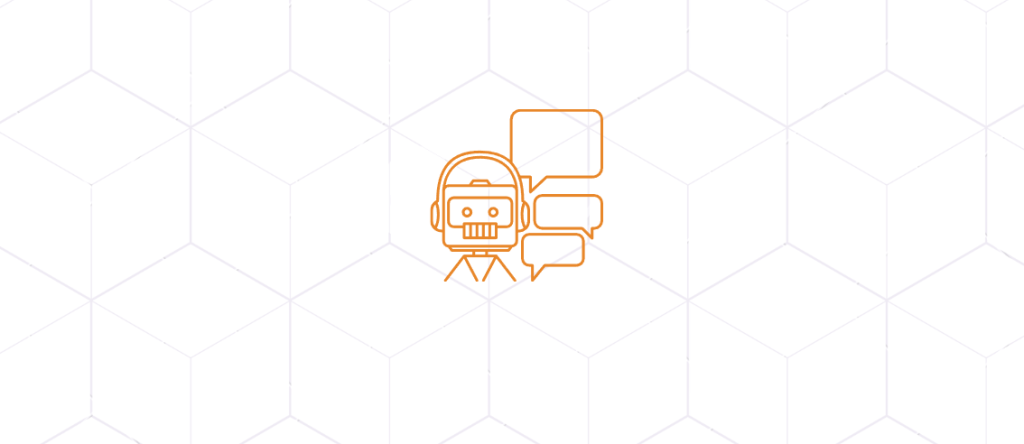
NLP Chatbot for a Healthcare Hotline
The Challenge
A healthcare organization was struggling with high call volumes at their hotline. Patients were calling in for a variety of services, including symptom triage and appointment bookings, but the call center could not keep up with the increasing demand. This led to long wait times, increased call abandonment, and lower patient satisfaction. The organization sought a solution that could scale with demand while maintaining high service quality and efficiency.
Solution: NLP-Powered Multilingual Chatbot
DataPro developed an AI-driven NLP chatbot to address the high call volume and improve operational efficiency. The chatbot was designed to handle common patient inquiries, perform symptom triage, and schedule appointments, all while being accessible 24/7. The implementation of the solution followed several key steps:
- Requirement Gathering: DataPro’s team worked closely with the healthcare provider to understand common patient interactions, including symptoms, appointment scheduling, and frequently asked questions.
- NLP Model Development: Using advanced NLP models, the chatbot was trained to understand patient queries, interpret symptoms, and guide users through a series of questions. The model could also provide health advice and recommend next steps based on the severity of the symptoms.
- Multilingual Support: Recognizing the diversity of the patient base, DataPro incorporated multilingual capabilities into the chatbot, allowing patients to interact in their preferred language.
- Integration with Backend Systems: The chatbot was integrated with the organization’s appointment booking and Electronic Health Record (EHR) systems. This allowed the chatbot to schedule appointments in real-time, ensure synchronization with the healthcare provider’s calendar, and securely store patient data.
Continuous Learning: The chatbot was designed with machine learning capabilities to improve its responses over time, enabling it to handle more complex interactions as it gained more data.
Implementation and Results
Once the chatbot was deployed, it was integrated into the organization’s communication channels (website, mobile apps, and phone system). The solution immediately impacted several key metrics:
- Increased Service Availability: With the chatbot handling routine inquiries and triage, the healthcare hotline’s availability increased by 3x. Patients were no longer limited to business hours, as the chatbot was available 24/7 to assist with symptoms, health advice, and appointment bookings.
- Reduced Call Wait Times: The chatbot automated the triage process and appointment scheduling, which significantly reduced the time patients had to wait for a human operator. As a result, the organization experienced a decrease in call abandonment rates, improving overall service efficiency.
- Improved Triage and Healthcare Outcomes: By guiding patients through symptom assessments, the chatbot helped prioritize urgent cases and ensured that patients were directed to the appropriate healthcare services. This led to more accurate and timely decision-making in terms of healthcare delivery.
- Increased Appointment Bookings: With the chatbot scheduling appointments directly, the healthcare provider saw an increase in patient bookings. Patients found it easier to schedule their own appointments, and the chatbot ensured real-time synchronization with the provider’s calendar, streamlining the process.
- Scalable Solution: The AI solution provided scalability, allowing the healthcare organization to handle a higher volume of patient interactions without needing to expand its call center team. This proved especially valuable during peak periods, when demand surged.
Enhanced Patient Satisfaction: Patients reported higher satisfaction due to faster response times, the convenience of scheduling appointments through the chatbot, and the availability of support in multiple languages. This helped build trust in the healthcare provider’s services.
Challenges and Considerations
While the chatbot solution provided clear benefits, there were some challenges in its implementation:
- Data Privacy and Security: Given the sensitive nature of healthcare data, the chatbot had to comply with HIPAA regulations. DataPro ensured that patient information was encrypted and securely handled throughout the process.
- User Adoption: Some patients initially hesitated to interact with an AI-driven system. To mitigate this, DataPro worked with the healthcare provider to clearly communicate the chatbot’s capabilities and reliability to users.
Ongoing Maintenance: Continuous monitoring and updates were required to maintain the chatbot’s accuracy and performance. DataPro provided ongoing support to ensure the system continued to improve and adapt to new patient interactions.
Conclusion
DataPro’s NLP chatbot solution transformed the healthcare organization’s hotline by increasing service availability, reducing wait times, and enhancing overall operational efficiency. The chatbot’s ability to handle high volumes of patient interactions, triage symptoms, and schedule appointments made it an indispensable tool for the healthcare provider.
By integrating advanced NLP capabilities, multilingual support, and real-time scheduling, the chatbot was able to provide high-quality service to patients around the clock. The scalability of the solution also helped the organization meet growing demand without needing to expand their call center staff, ultimately improving patient satisfaction and outcomes.
Innovate With Custom AI Solution
- 12 Courtyard Pl,
Lexington, MA 02420 - (617)319-0174
- corp@dataprocorp.tech
